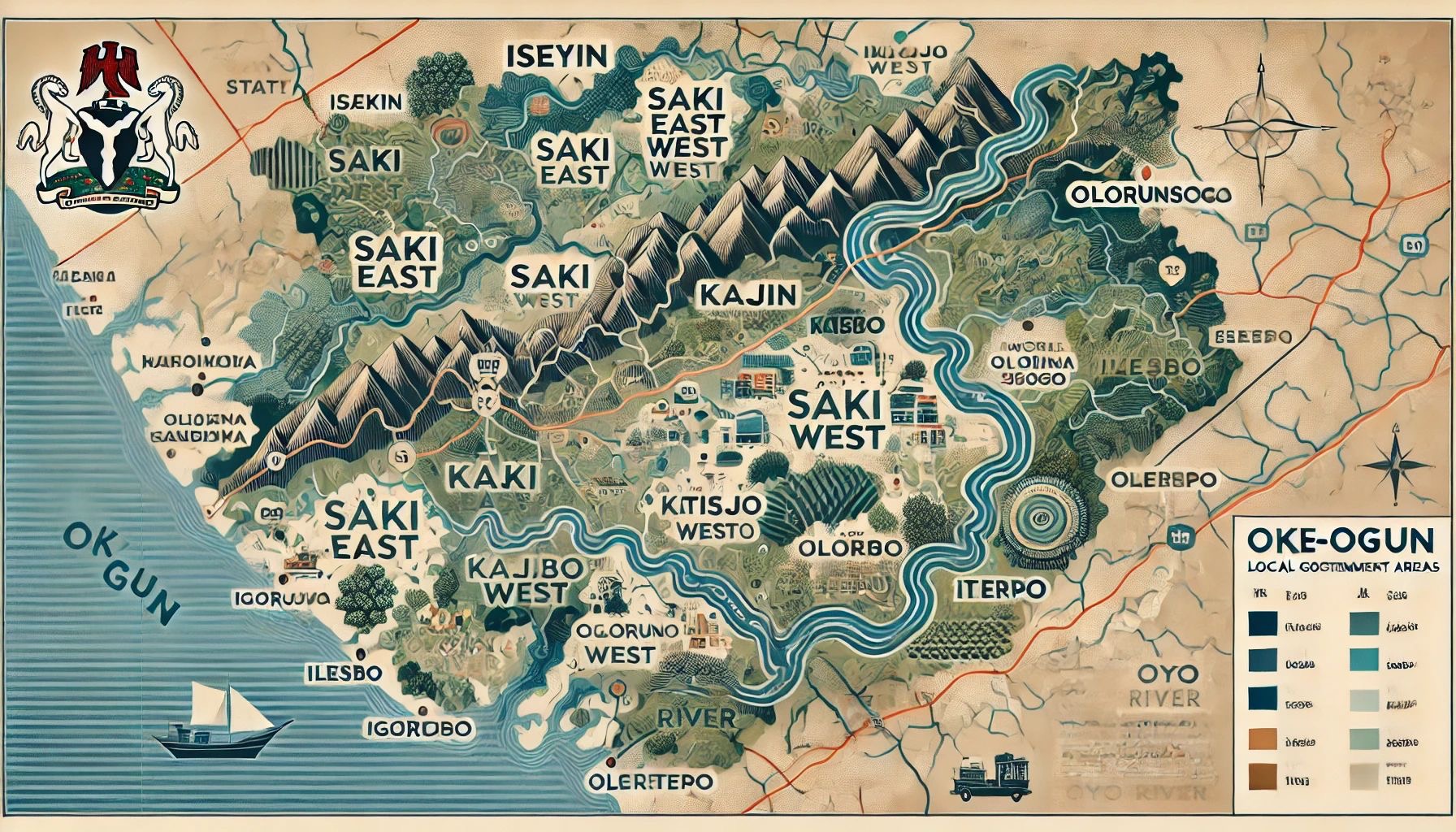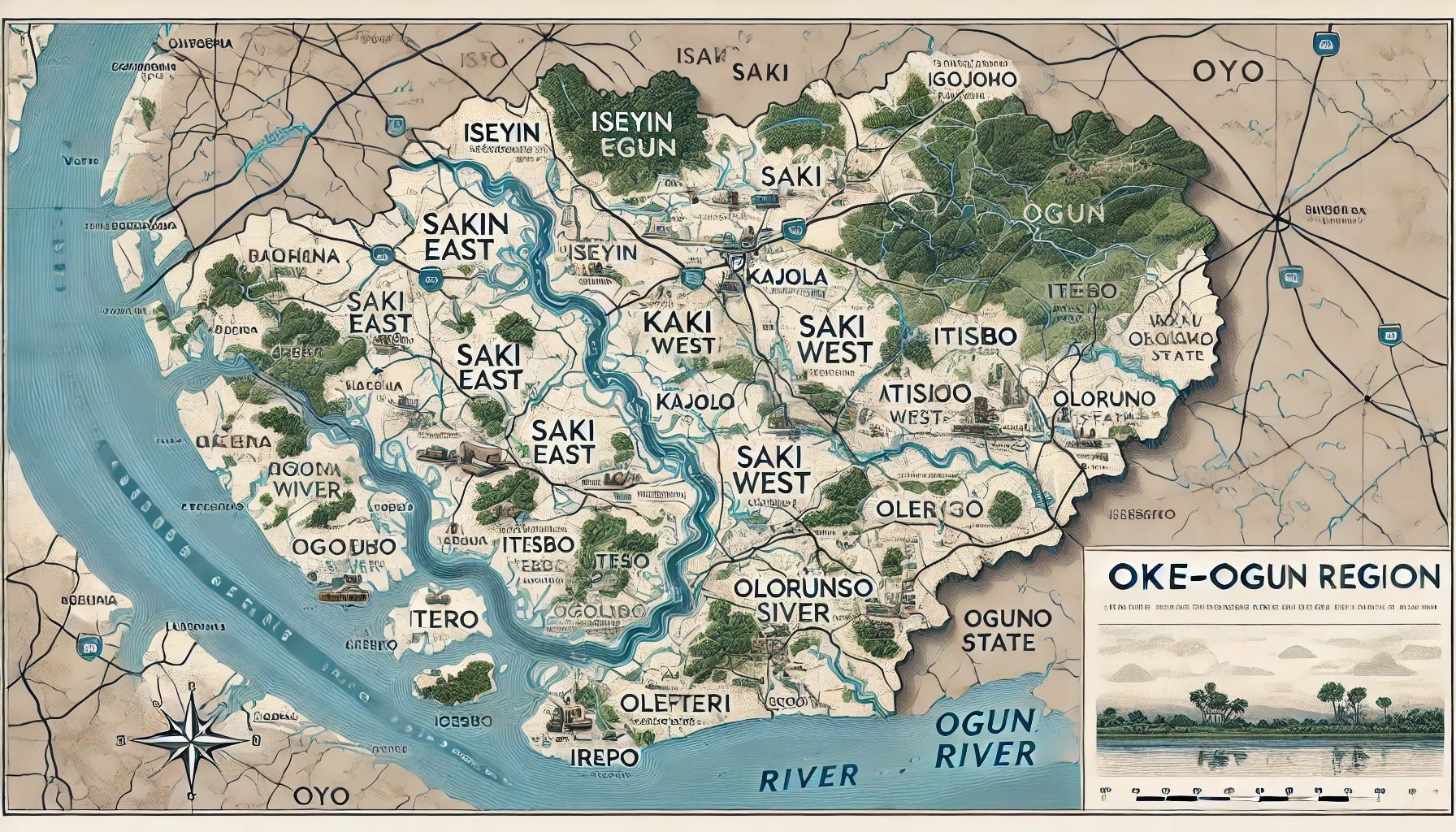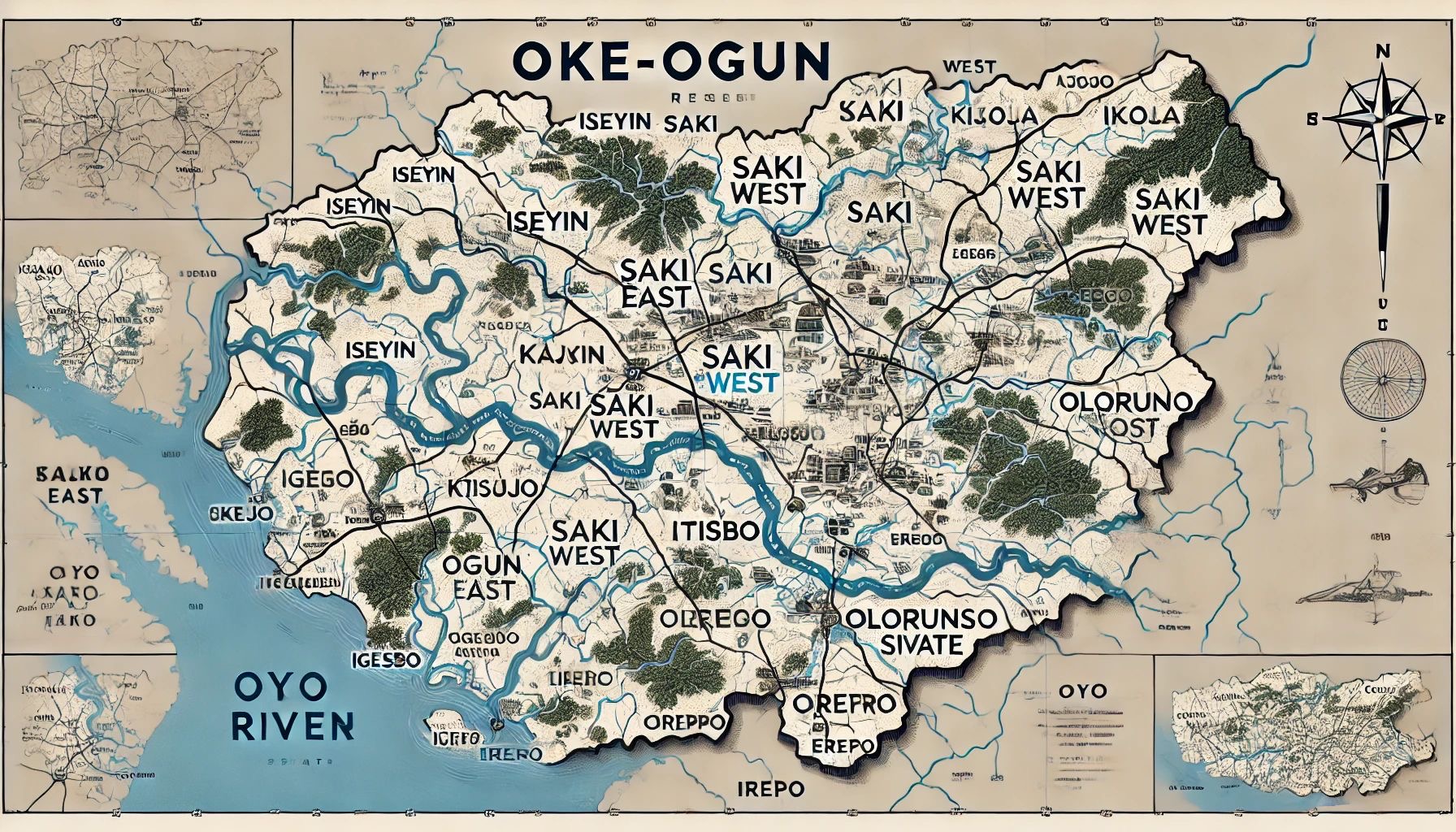
Affiliation: 1st Afrika / Global Afrika Network Publishing House
Corresponding Email: globalafrikanetworkpublishing@gmail.com
The demand for a new Òkè-Ògùn State is neither a product of ethno-regional sentiment nor a mere agitation for administrative reclassification. It is, rather, an urgent call for developmental justice rooted in research, ecological consciousness, economic pragmatism, and cultural continuity. It stems from a deeper understanding of the complex identity of the Òǹkò people—a distinct Yoruba subgroup that has preserved a unique dialect, cosmology, and historical consciousness that predates Nigeria’s current geopolitical contours.
The recent ethnolinguistic and historical study, Unveiling the Òǹkò Identity: Ethnolinguistic Legacy and Historical Continuity in Northwestern Yorùbáland, affirms that the Òǹkò people of Òkè-Ògùn are more than a cultural curiosity—they are a historically grounded, linguistically rich, and geopolitically strategic population, whose region has long served as a bridge between Nigeria and its Francophone neighbors. This region, tucked within the Northwestern frontier of Ọ̀yọ́ State, bears silent witness to centuries of civilization that were closely interwoven with the expansionist currents of the Ọ̀yọ́ Empire and the diplomatic resilience demanded by proximity to the Kingdom of Dahomey.
Yet in today’s Nigeria, Òkè-Ògùn remains structurally marginal—its cultural richness underrepresented in national historiography, its natural resources underutilized, and its people underserved. The region’s dialect, distinguished by phonological conservation and cross-linguistic influence from Bariba and Nupe, offers a linguistic fossil of great value to African identity studies. The dialect retains the nasalized initial forms and the consonantal strength of the [CH] phoneme, unlike Standard Yoruba, signaling a community shaped by both isolation and intercultural exchange. However, these linguistic treasures are endangered by centralist educational frameworks and a homogenized curriculum that continue to overlook dialectal specificity and localized history.
In ecological and geopolitical terms, Òkè-Ògùn is one of the most underleveraged regions in Nigeria’s economic matrix. The area spans tropical savannah lowlands with double rainfall maxima, allowing for all-year farming cycles. Its fertile lands have for generations supported a wide range of crops including yam, maize, cassava, citrus, and cashew. Yet, agricultural output remains trapped in subsistence cycles due to poor infrastructure, lack of industrial processing zones, and negligible federal presence. A deliberate reclassification of the region into a state—Òkè-Ògùn State—would facilitate a redirection of federal allocations, catalyze investment, and build a strong foundation for agro-based industrialization.
 Beyond agriculture, Òkè-Ògùn is endowed with vast mineral deposits including iron ore, coal, granite, and limestone. The Old Ọ̀yọ́ National Park, which occupies part of the region and preserves the ruins of the ancient imperial capital, holds tremendous potential for eco-tourism, archaeological research, and cultural tourism. With strategic policy and investment, this park could serve as the gateway to a transnational cultural corridor linking Nigeria with Benin, Togo, and Ghana—reawakening not just the memory of empire, but a new economic partnership rooted in shared heritage and ecological preservation.
Beyond agriculture, Òkè-Ògùn is endowed with vast mineral deposits including iron ore, coal, granite, and limestone. The Old Ọ̀yọ́ National Park, which occupies part of the region and preserves the ruins of the ancient imperial capital, holds tremendous potential for eco-tourism, archaeological research, and cultural tourism. With strategic policy and investment, this park could serve as the gateway to a transnational cultural corridor linking Nigeria with Benin, Togo, and Ghana—reawakening not just the memory of empire, but a new economic partnership rooted in shared heritage and ecological preservation.
There is also an untapped aquatic future lying beneath the Ogun River, which flows through the region and connects to wider maritime possibilities. The potential dredging of this river and the establishment of a port corridor could revolutionize the economic geography of Western Nigeria. In doing so, Òkè-Ògùn could evolve into a new maritime hub, complementing the overstretched Lagos Port Authority. Such a development would unlock marine biodiversity protection, inland waterway transport, and cross-border commercial flow, offering a credible response to the climate economy and blue economy imperatives of the African Union and the United Nations’ Sustainable Development Goals.
Crucially, the call for Òkè-Ògùn State is a call for geopolitical balance and borderland security. The region remains a sensitive axis of migration, trade, and transnational interactions across Nigeria and its ECOWAS neighbors. Creating Òkè-Ògùn State would improve immigration control, strengthen border policing, and facilitate regulated commerce. It would also allow Nigeria to better integrate its Francophone neighbors into a cohesive economic vision, positioning Òkè-Ògùn as a central node in West African integration.
Politically and culturally, statehood would allow the Òǹkò people to reclaim agency over their dialectal education, heritage conservation, and socio-economic planning. It would embolden the preservation of indigenous governance systems while deepening democratic participation. The festivals, myths, rituals, and oral archives that define the region’s historical memory could then be institutionalized, protected, and promoted as part of national and continental heritage.
 In conclusion, this is not merely a proposal for administrative reform; it is a continental vision, grounded in rigorous research, pointing toward a developmental model that values cultural specificity, environmental justice, and economic integration. Òkè-Ògùn State would not be an addition to Nigeria’s bureaucracy; it would be a new frontier of possibility—a port of the future, a sanctuary of identity, and a stronghold of West African resilience.
In conclusion, this is not merely a proposal for administrative reform; it is a continental vision, grounded in rigorous research, pointing toward a developmental model that values cultural specificity, environmental justice, and economic integration. Òkè-Ògùn State would not be an addition to Nigeria’s bureaucracy; it would be a new frontier of possibility—a port of the future, a sanctuary of identity, and a stronghold of West African resilience.
To ignore this opportunity would be to ignore the lessons of history, the needs of the present, and the possibilities of the future. Let the Òǹkò people rise—not as a peripheral subculture—but as vanguards of a new Nigeria, where research, heritage, and development walk hand in hand. Let Òkè-Ògùn become a state—not tomorrow, but now.
By : Jide Adesina
Publisher/Author/ humanist/cybersecurity consultant/Husband/Father

